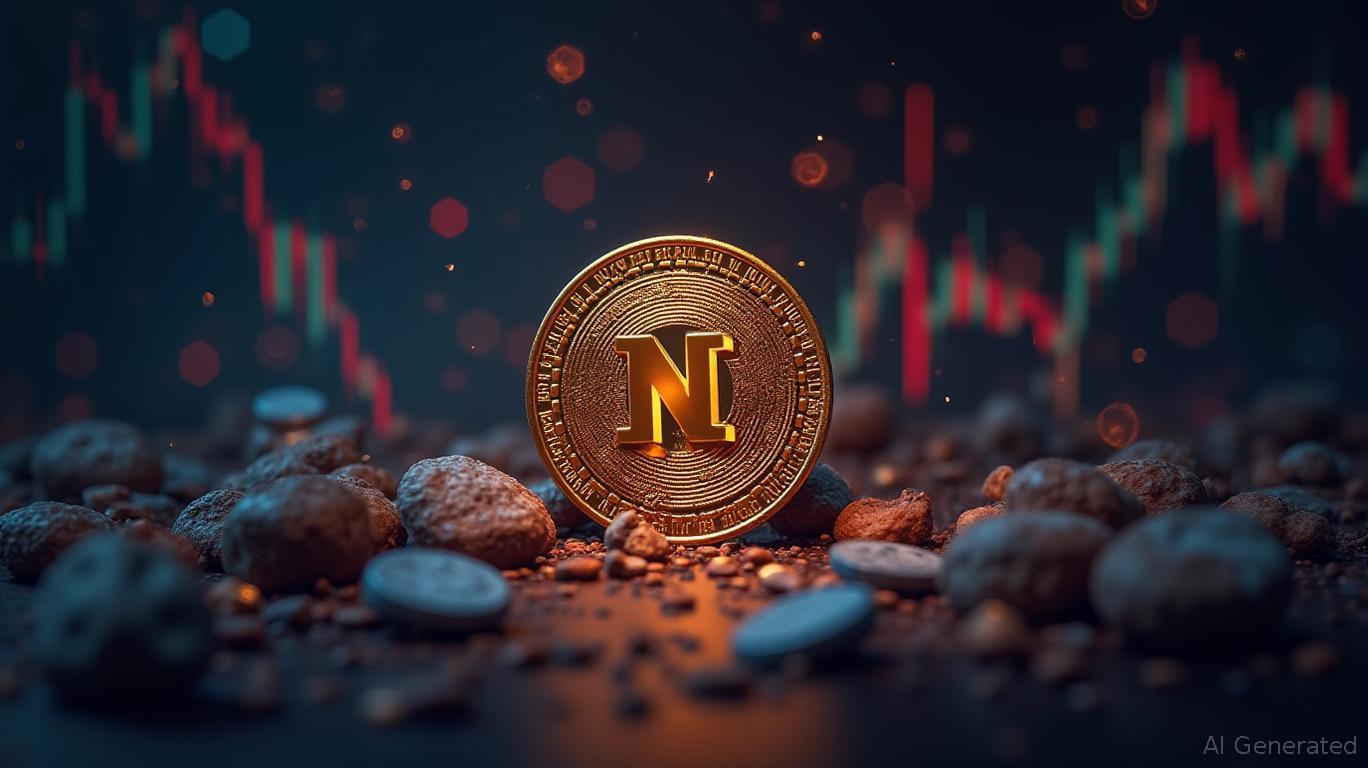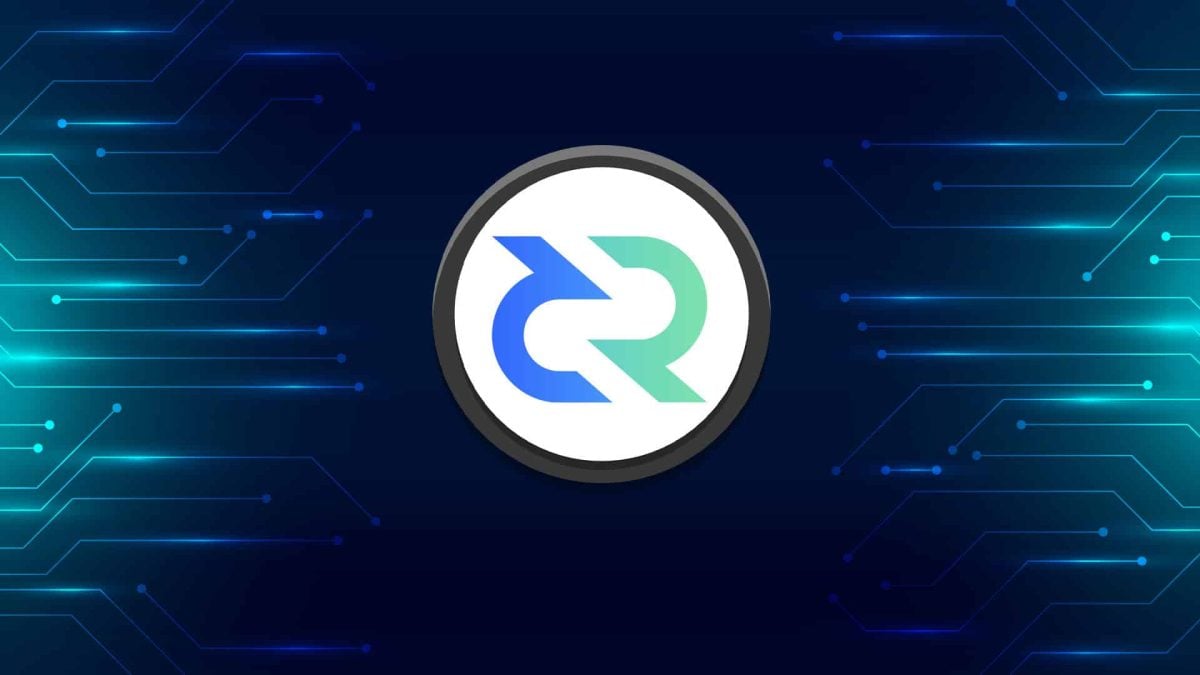JPMorgan Shifts to Blockchain: Tokenization Opens Up Trillions in Liquidity
- JPMorgan Chase tokenizes a private-equity fund via its Kinexys platform, targeting high-net-worth clients and planning expansion to other asset classes by 2026. - The platform leverages blockchain for fractional ownership and instant transfers, aiming to simplify alternative investments and reduce entry barriers. - Industry trends and regulatory developments, like the U.S. Genius Act, support RWA growth, with the market reaching $30 billion, though challenges in regulatory compliance persist. - JPMorgan'
JPMorgan Chase is pushing forward with its blockchain initiatives by tokenizing a private-equity fund, marking a significant move toward digitizing real-world assets (RWA). The bank has introduced this tokenized offering on its
Renamed from JPMorgan's Onyx division in late 2024, the Kinexys Fund Flow platform seeks to enhance asset management by utilizing blockchain for features like fractional ownership, immediate transfers, and collateralization. According to

This strategy from JPMorgan reflects a wider movement in the financial sector. Leading firms like BlackRock have forecasted that tokenization will eventually apply to all financial assets. At the same time, Oracle and Professional Diversity Network (IPDN) are strengthening institutional blockchain infrastructure, with Oracle's
Regulatory progress is also supporting this transformation. The U.S. Genius Act, which set up a regulatory structure for tokenized dollars, has accelerated the adoption of RWAs. JPMorgan’s platform aggregates data from fund managers and administrators, using smart contracts to facilitate nearly instant asset swaps, as described in the
With the RWA market evolving, JPMorgan’s Kinexys Fund Flow and similar projects from institutions like Goldman Sachs and Citi highlight a shared industry view: blockchain technology is transforming conventional finance. As tokenization is set to unlock vast amounts of liquidity, the sector’s future will depend on interoperability, regulatory compliance, and greater institutional participation, as discussed by Coinotag.
Disclaimer: The content of this article solely reflects the author's opinion and does not represent the platform in any capacity. This article is not intended to serve as a reference for making investment decisions.
You may also like
Solana News Today: Investors Abandon Bitcoin ETFs in Favor of Solana's Attractive Staking Returns
- Bitcoin ETFs saw $488M outflows led by BlackRock's IBIT , while Solana ETFs gained $44.48M as investors rotated into staking yields. - Coinbase reported $1.9B Q3 revenue driven by trading volumes and expanded staking services, contrasting ETF volatility. - Zynk secured $5M seed funding to develop stablecoin-based cross-border payment infrastructure, targeting USD/EUR/AED corridors. - Analyst Peter Brandt warned Bitcoin could test $60K support, but IBIT's $88B AUM suggests long-term ETF demand remains str

Ferrari's 499P Token: Enhancing Customer Loyalty in the Digital Era
- Ferrari launches Token 499P NFT with fintech Conio, targeting Hyperclub members for auction bids and exclusivity. - Q3 2025 results show €382M net income and €670M EBITDA, surpassing forecasts amid strong high-end model demand. - Strategy emphasizes loyalty through digital assets, with EU regulatory approval pending for the limited-edition token. - Project combines heritage with innovation, reflecting Ferrari's resilience after September market skepticism and regained investor confidence.

Noomez's Presale: Creating Rarity to Survive Meme Coin Volatility
- Noomez ($NNZ) launches 28-stage presale with fixed pricing and liquidity locks to mitigate meme coin risks. - 15% liquidity locks and third-party audits enhance trust, while real-time on-chain tracking ensures transparency. - Stage-based airdrops and referral bonuses incentivize participation, aligning with 2025 crypto trends. - Despite volatility concerns, structured deflationary design aims to sustain value, with 50% supply allocated to presale success.

Decred Skyrockets as EU Tightens Rules on Anonymous Transactions
